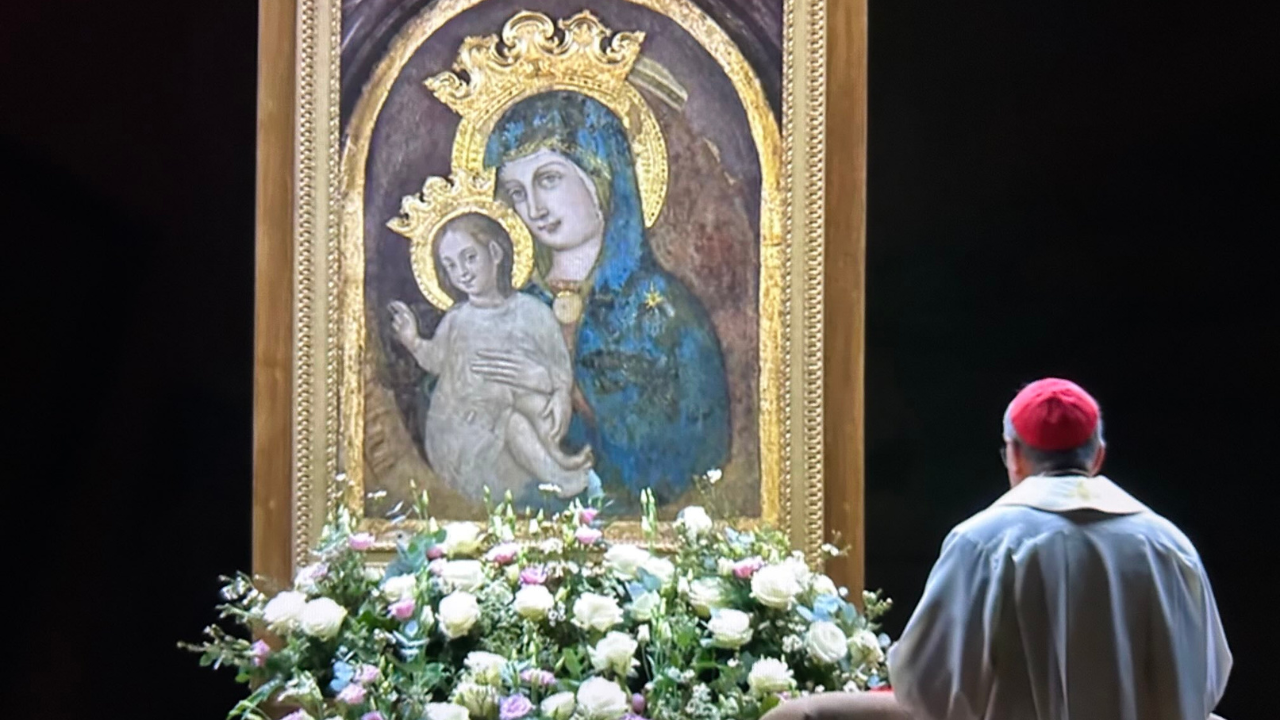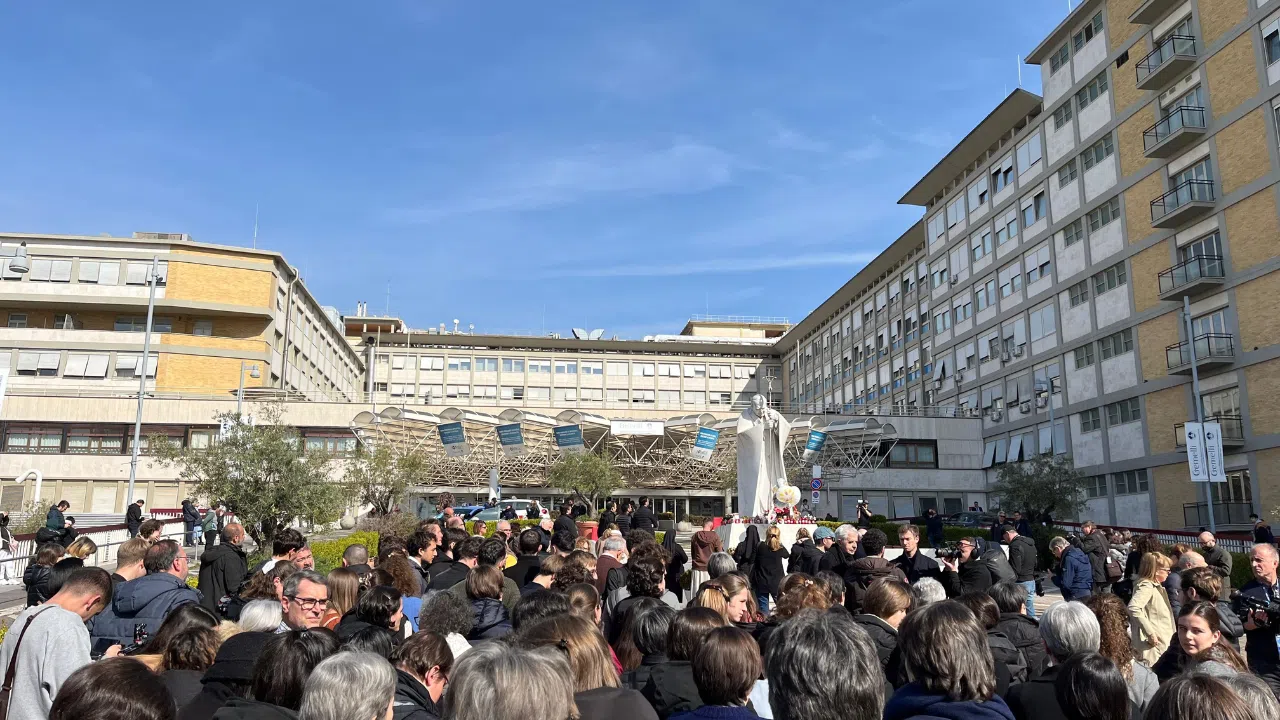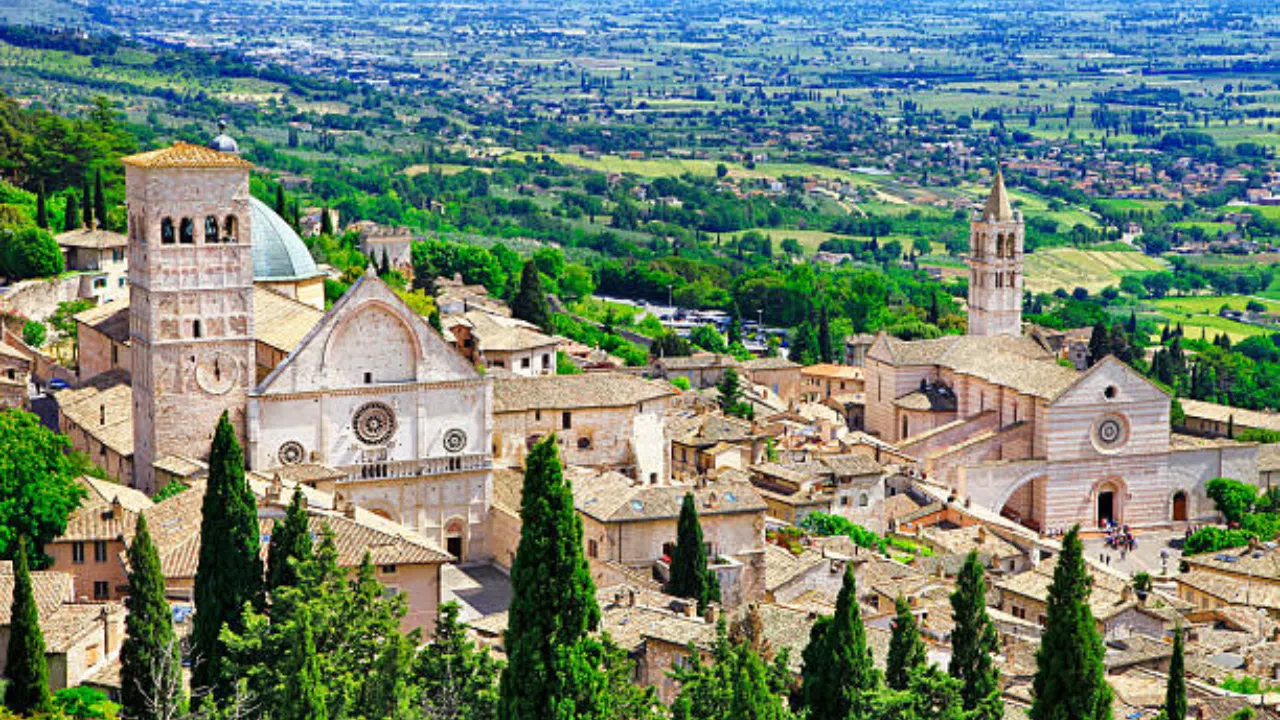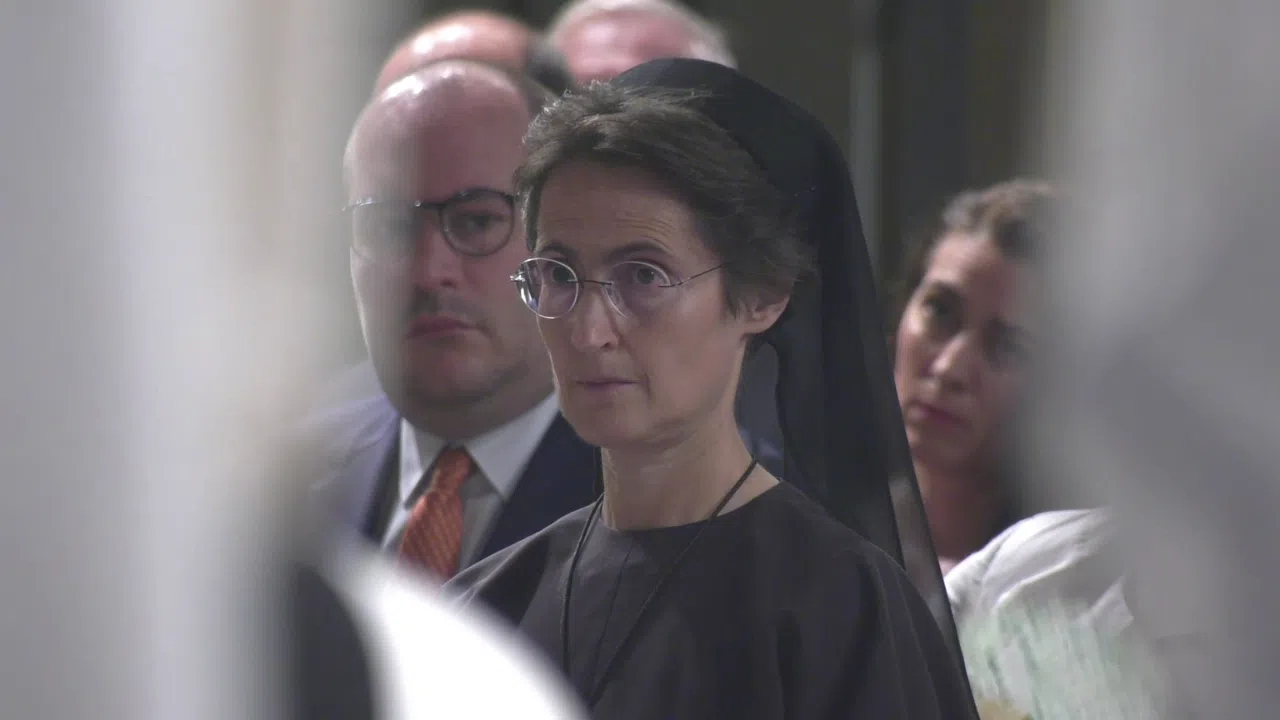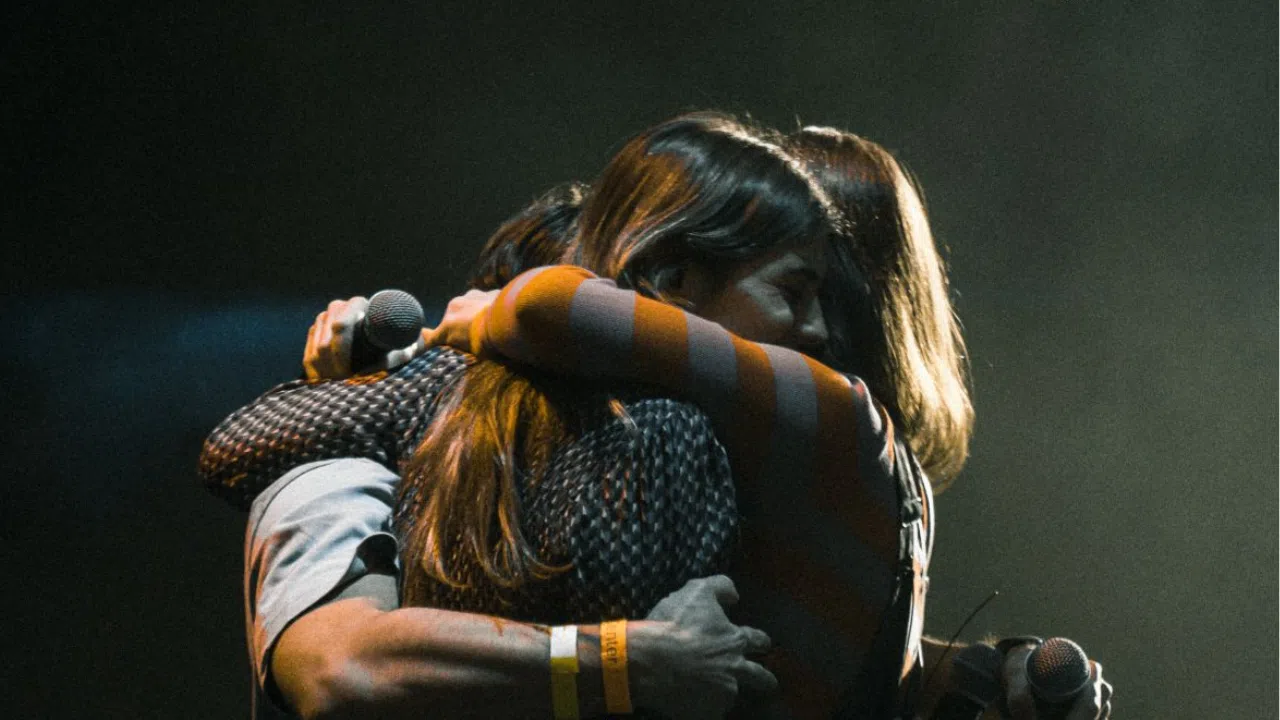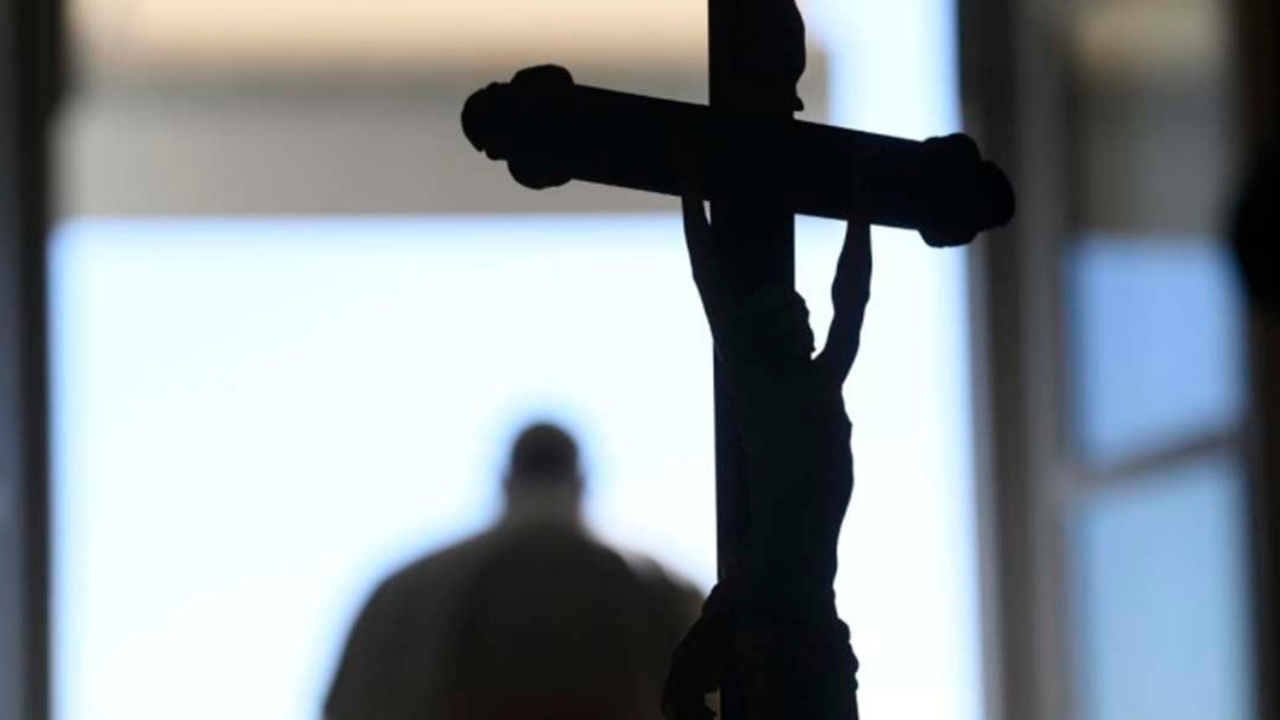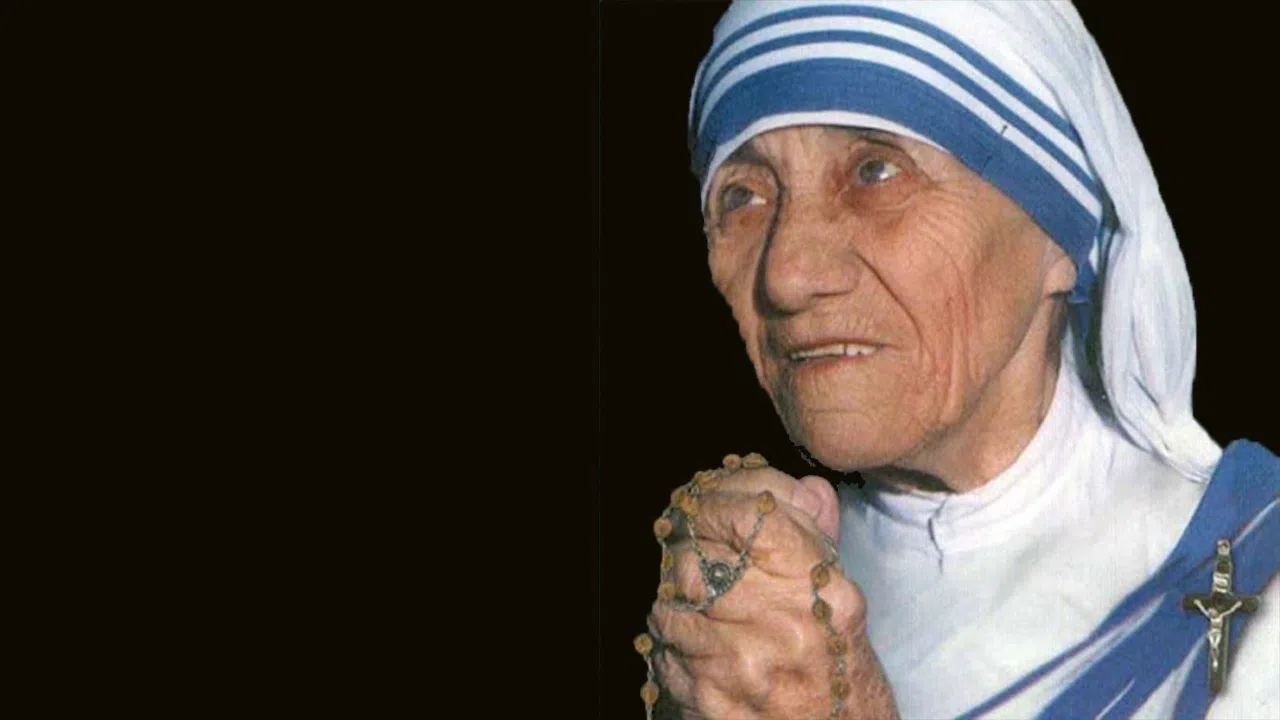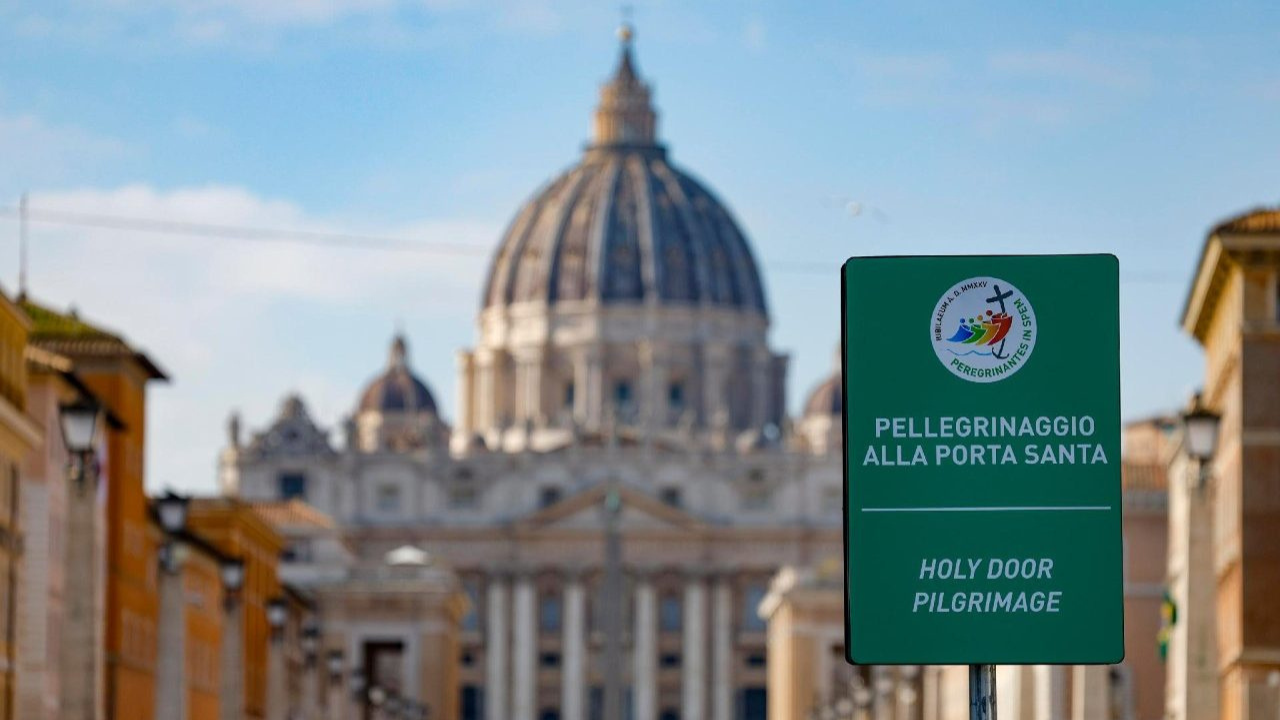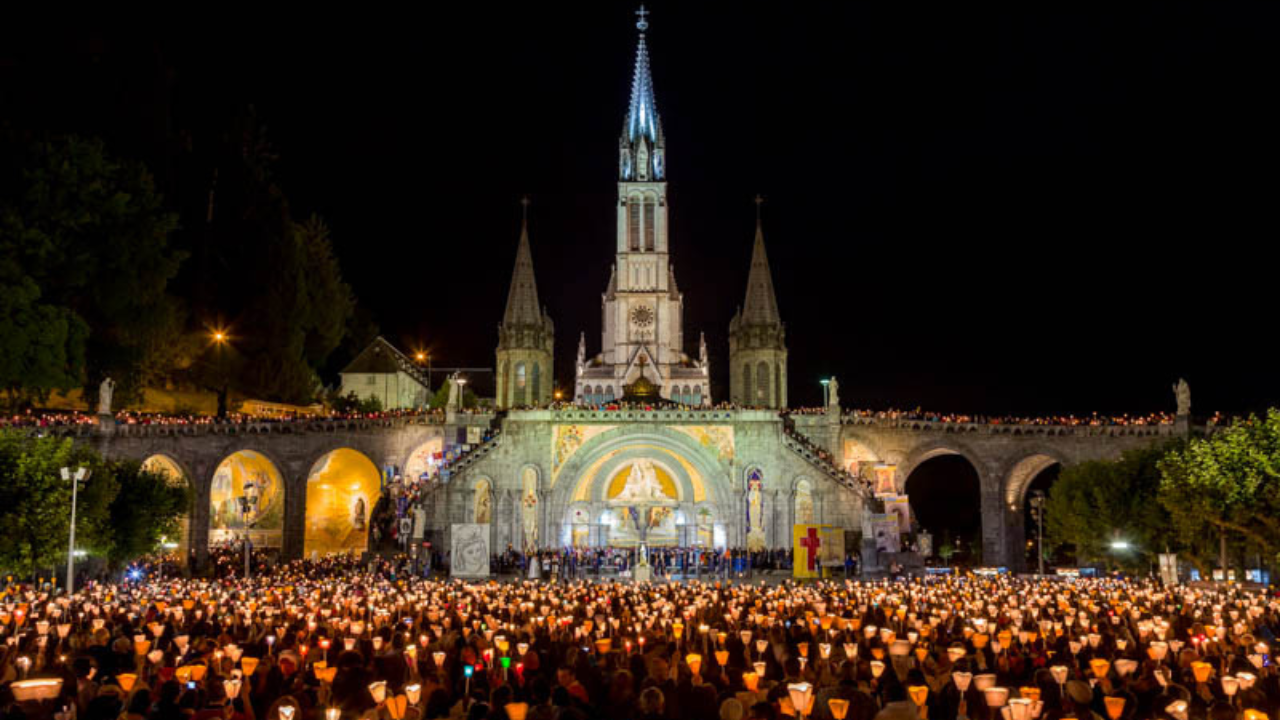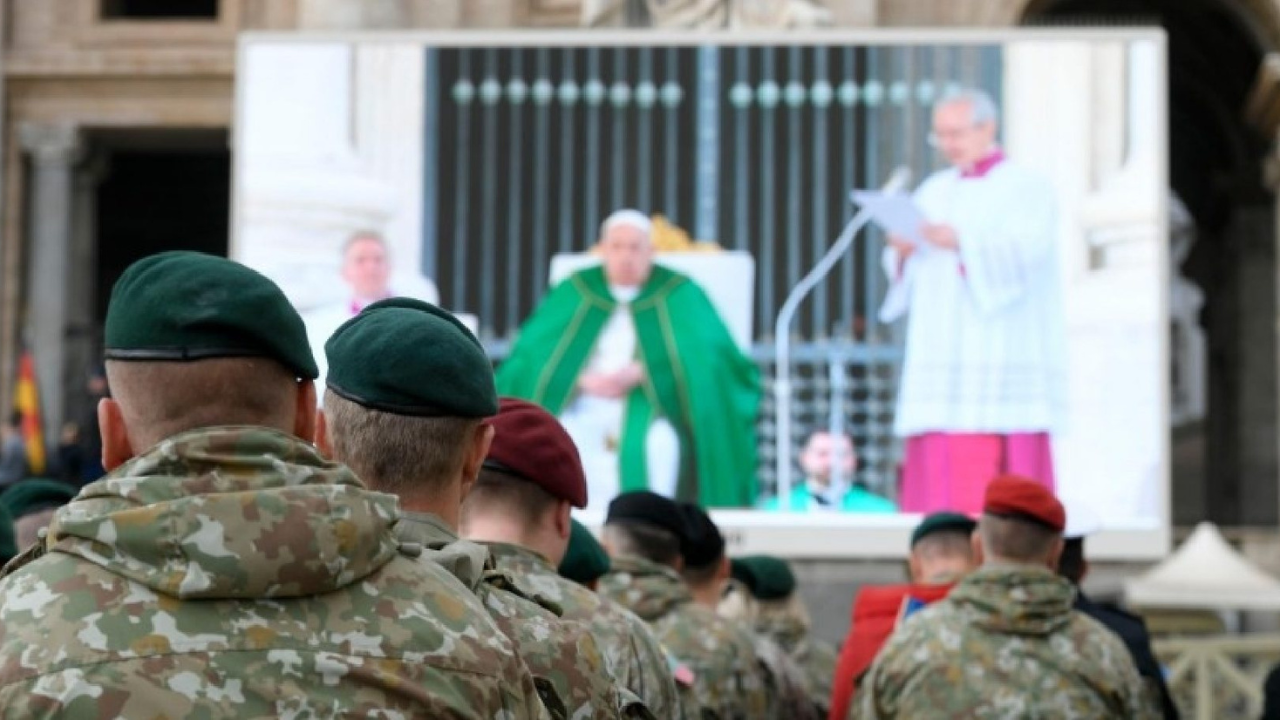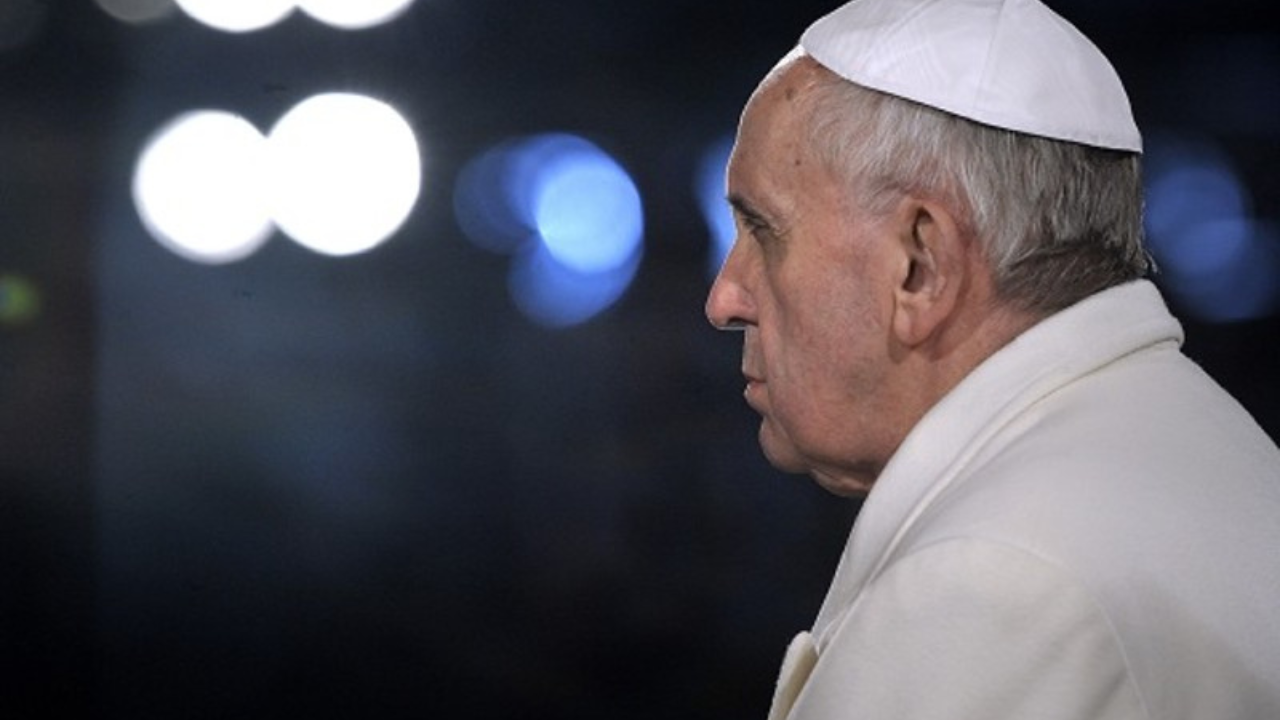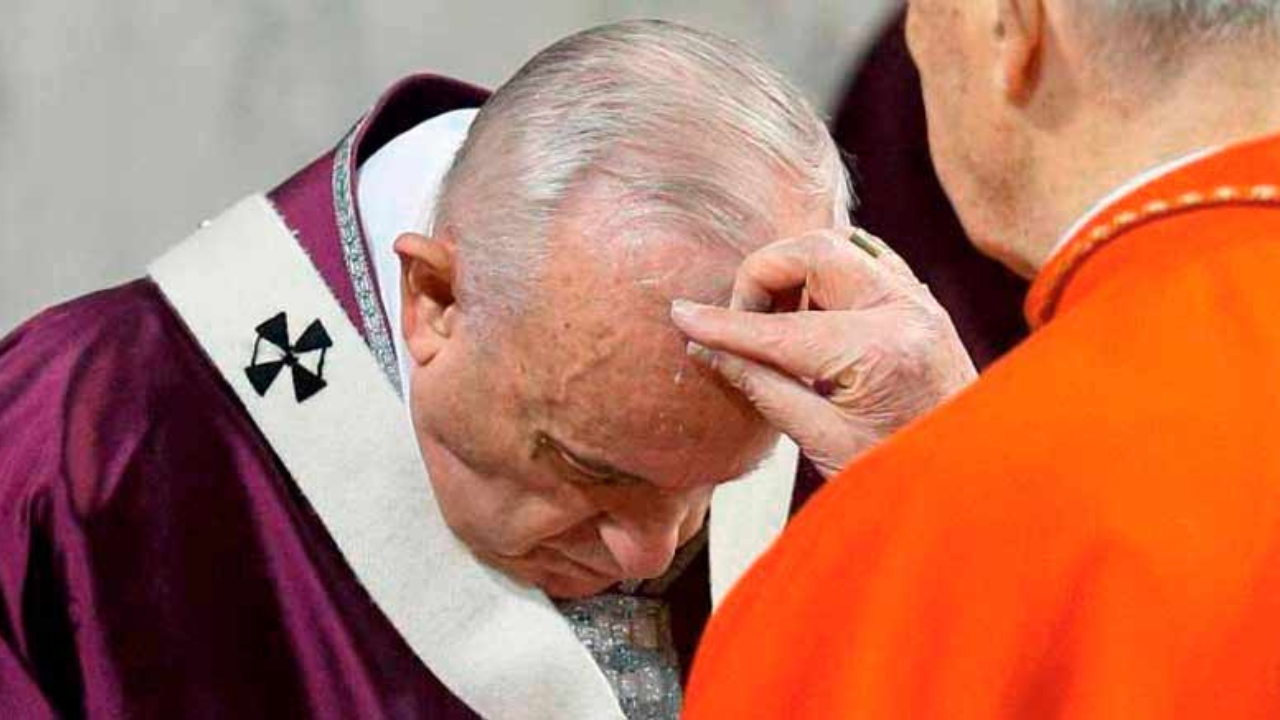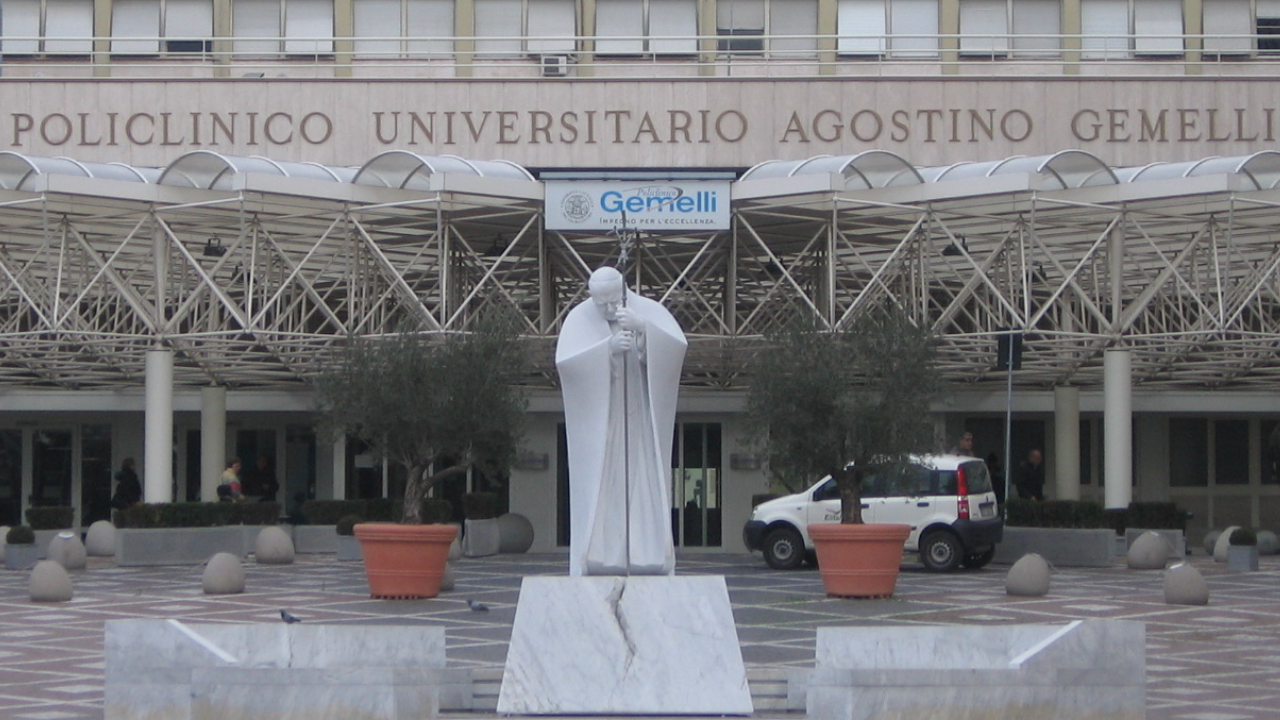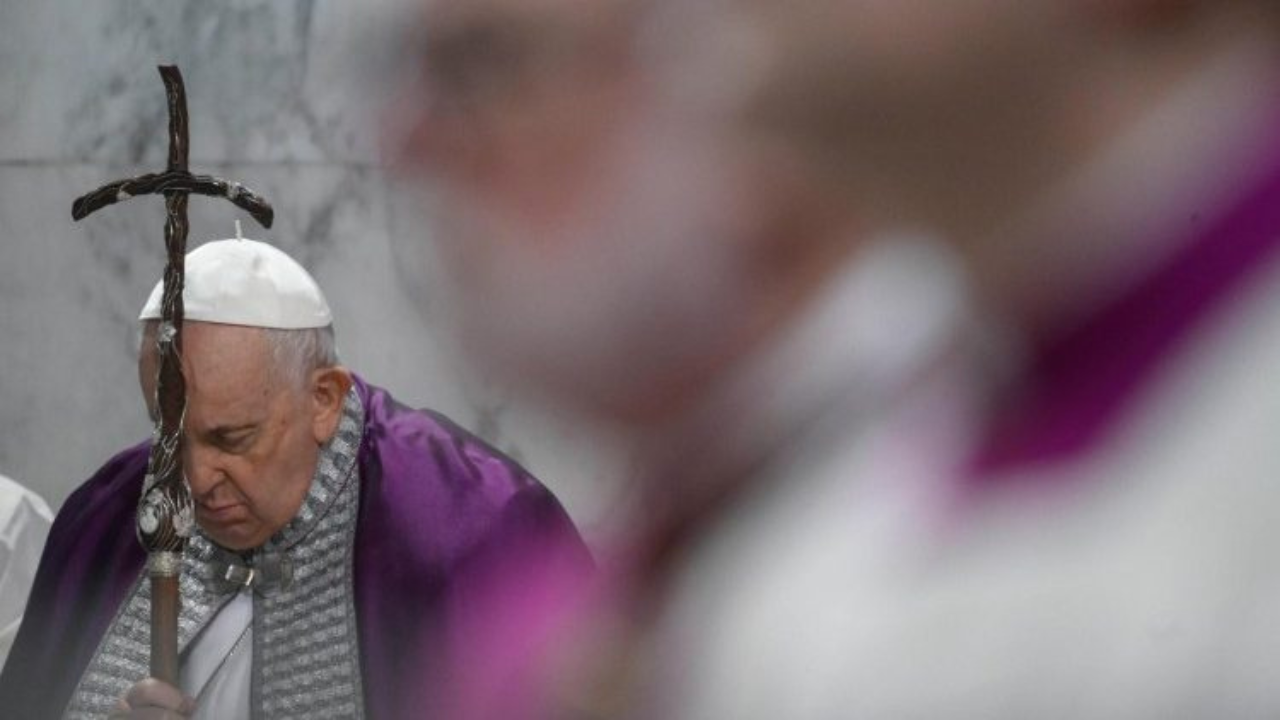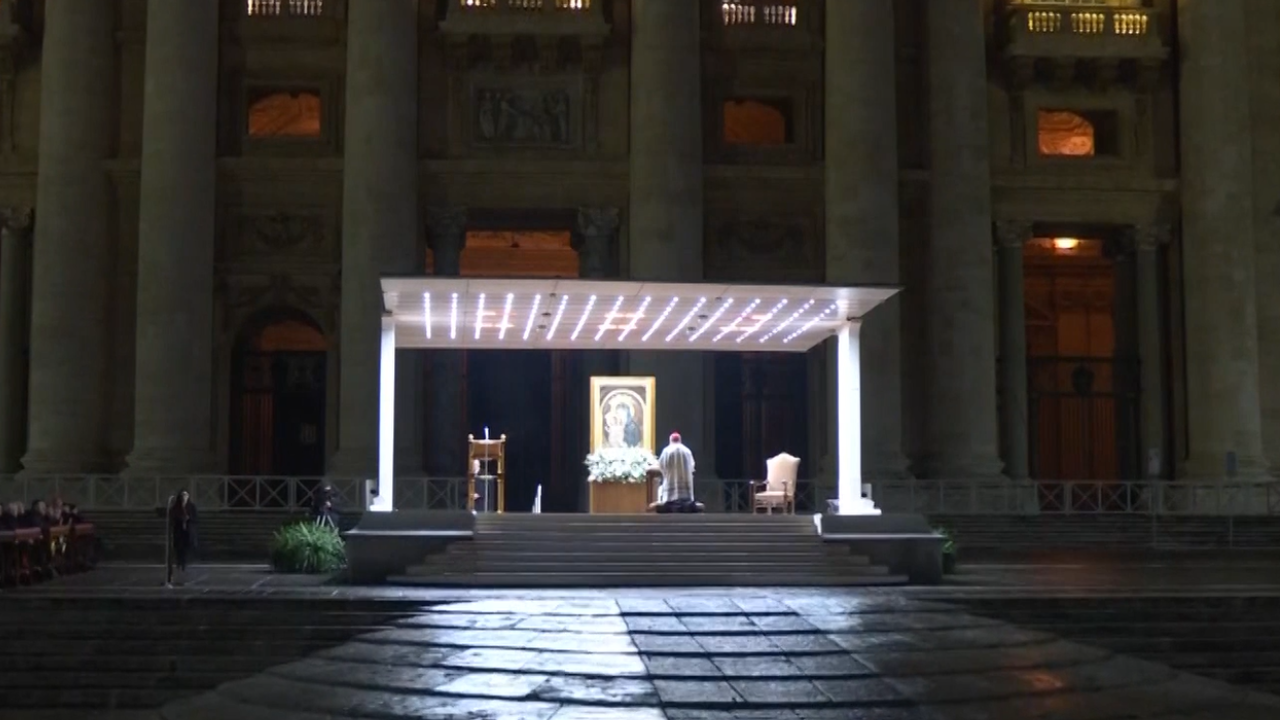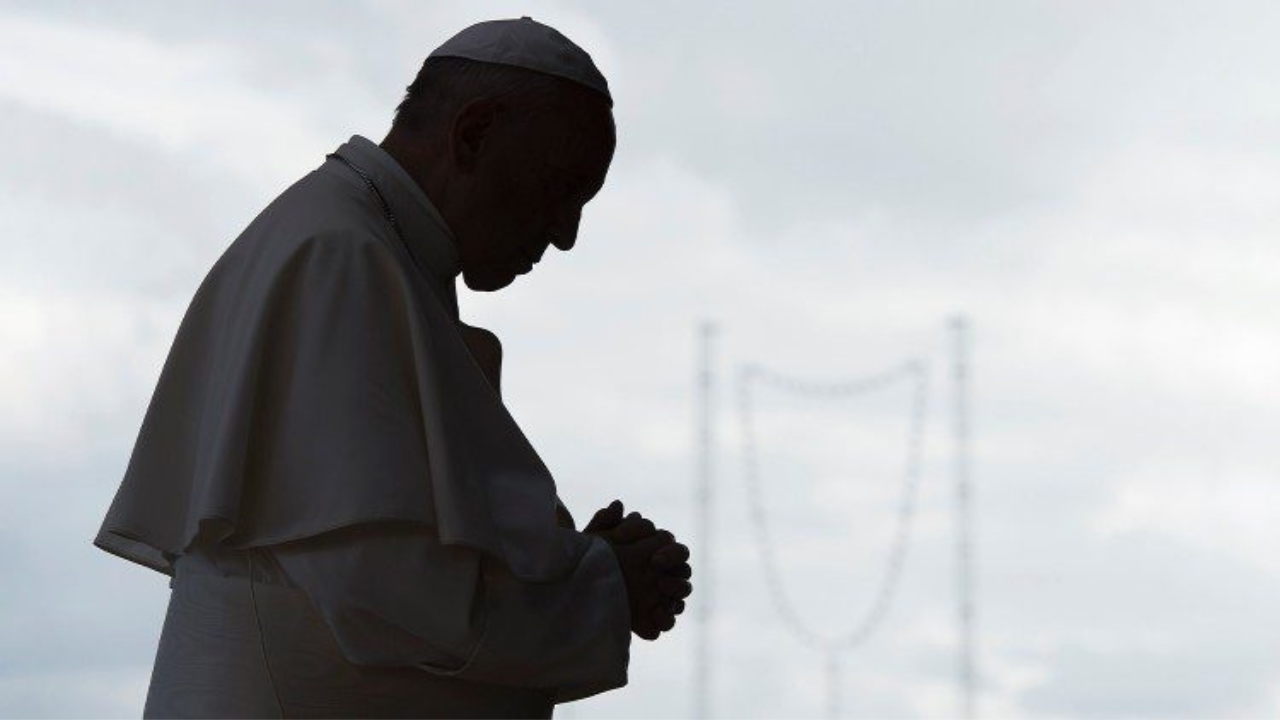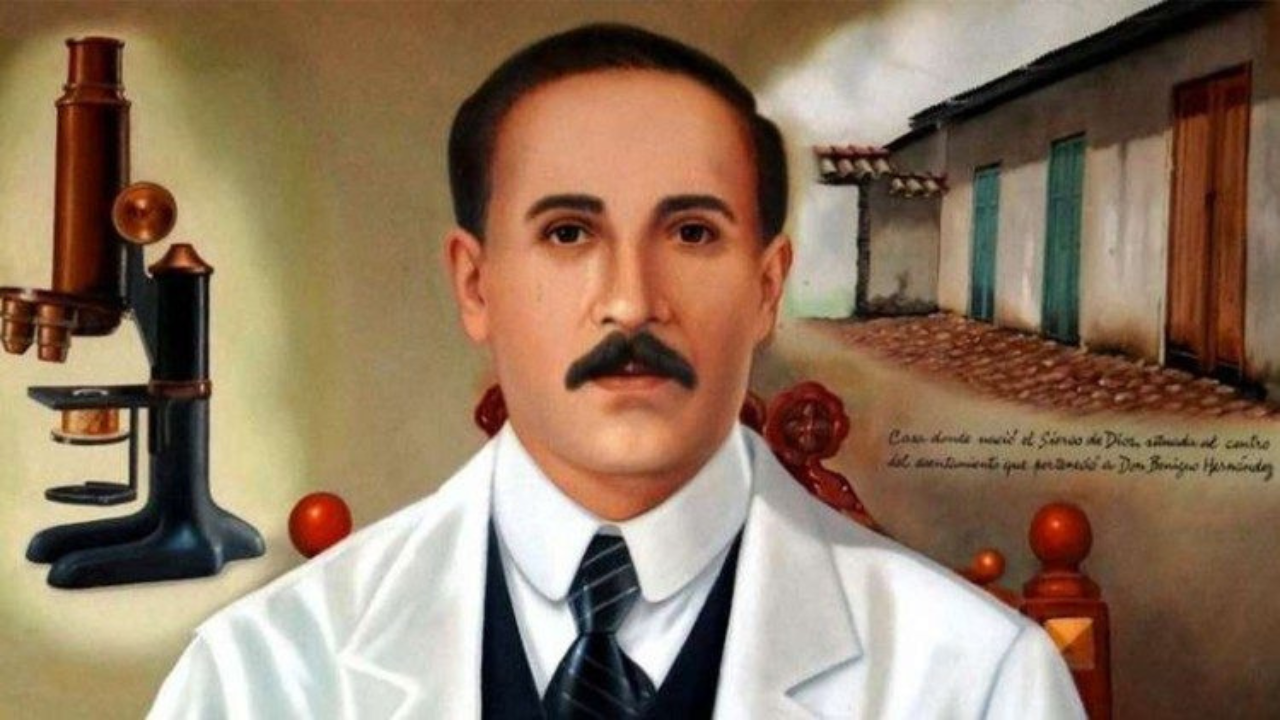Since the beginning of the war, Patriarch Kirill of Moscow has used his platform to justify Russia's invasion of Ukraine as a form of defending Russia from encroaching Western values.
Russia expert Fr. Stefano Caprio of the Pontifical Oriental Institute says this dynamic leaves the Patriarch in an awkward situation, as he tries to maintain relations with Rome while appeasing the increasingly severe demands of the Kremlin.
FR. STEFANO CAPRIO
Pontifical Oriental Institute
He was very friendly with the Catholic Church, and then he found himself inside this mechanism, now he has to take extreme positions. In fact, the latest positions seem a bit under pressure from the Kremlin.
It's an assessment Nikos Tzoitis agrees with. An expert in relations between the Catholic and Eastern churches, and an advisor to Ecumenical Patriarch Bartholomew, he says that now more than ever, the line between religion and politics in Eastern churches is becoming increasingly unclear.
NIKOS TZOITIS
Advisor to the Ecumenical Patriarchate in Rome
The divisions between the churches are not like they were in the past. Now, they are very much tied to national or nationalist interests, to national interests particularly in the East, which destroy the Church of Christ.
In the Russian Orthodox Church, this intertwining relationship between church and state can be traced back to before Kirill was patriarch, when he published documents joining the Russian church's social teaching to President Putin's political ideology, which isolated both Russia and its church from the rest of the world.
FR. STEFANO CAPRIO
Pontifical Oriental Institute
There's this Orthodox idea of the sovereignty of Russia, that it does not depend on external influences, that it affirms its identity, upholds patriotic ideals, and develops the relationship between church and state. But that was also Putin's political agenda. So it can be said that the Orthodox Church inspired Putinism.
Fr. Caprio adds it was likely that Pope Francis and Patriarch Kirill discussed the prospect of consecrating Russia and Ukraine to the Immaculate Heart of Mary during their most recent call, a sign that the Vatican is also looking to hold on to its relationship with the Russian church.
In 2016, the Pope's meeting with Patriarch Kirill was a milestone in relations between between the Russian Orthodox and Catholic Church.
And just last December, Pope Francis expressed his hope for another meeting with Patriarch Kirill.
POPE FRANCIS
A meeting with Patriarch Kirill is on the not-too-distant horizon.
Yet the situation has changed, casting another in-person meeting in doubt. Since Russia invaded Ukraine, the Pope has strongly condemned the war without explicitly naming Russia or its president.
For the time being, it also seems the Vatican will also refrain from publicly calling out the head of its national church, a prominent Putin defender, but also a potential gateway towards greater Christian unity.
JM


